gasoline water pump vs electric water pump
- By BISON
Table of Contents
Water pumps are essential for irrigation, flood control and construction tasks. They efficiently transport water to or from specific locations. From large farms to small household projects, it is indispensable in everyday life.
BISON will discuss two main types of water pumps: gasoline and electric. We’ll compare their advantages and disadvantages, whether you are looking for power and portability or safety and environmental protection, this guide will clarify the best option for you.
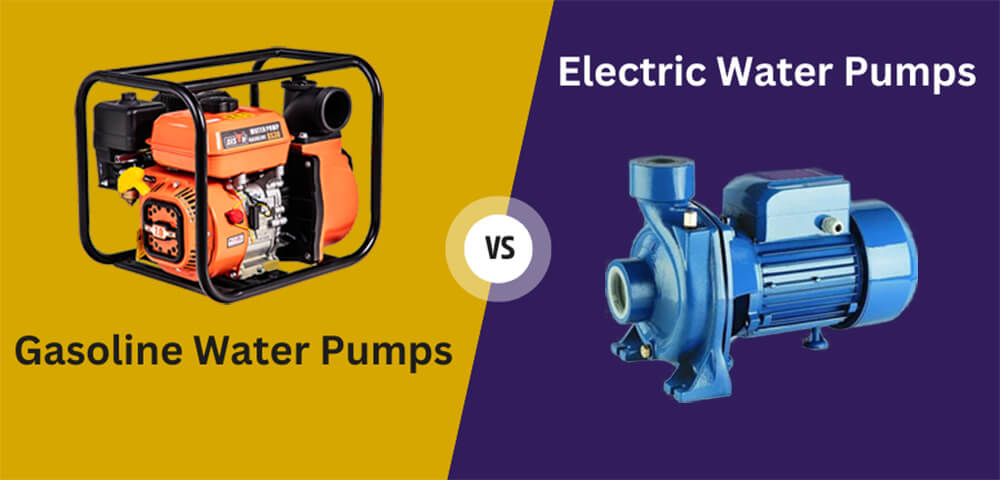
What is a gasoline water pump?
Gasoline water pumps use a combustion engine powered by gasoline to operate.
Advantages of gasoline water pumps
- High power and high performance: Thanks to a powerful internal combustion engine, gasoline water pumps excel in heavy-duty tasks that require high power and large amounts of water to be delivered quickly.
- Portability and versatility: Gasoline water pumps don’t need a power grid and are easy to move. They’re perfect for farms and construction sites.
- Can be used in remote areas or during power outages: One of the biggest advantages, gasoline water pumps work without electricity. They run in remote areas or during blackouts. This makes them useful for emergencies like floods or fires.
Disadvantages of gasoline water pumps
- Noise and emissions: Gasoline water pumps make noise during use, which can disrupt quiet spaces. They also release exhaust gases from fuel combustion.
- Environmental pollution: Beyond contributing to air pollution, gasoline can harm the environment if handled poorly. Spills during refueling may contaminate soil and water, leading to serious problems.
- Fuel dependence and maintenance requirements: Gasoline water pumps need constant fuel to run, requiring frequent refueling. In limited fuel supply areas, this can be inconvenient. They also need regular maintenance, like oil changes, spark plug replacements and filter cleaning. Without proper maintenance, they may lose efficiency or break down.
- Refueling challenges in certain areas: In remote or disaster zones, fuel supply can be hard to maintain. This limits the usefulness of gasoline water pumps, especially during crises with scarce fuel or transport issues.
Overall, gasoline water pumps are strong and flexible, perfect for heavy duty irrigation tasks. Next, BISON will discuss electric water pumps and weigh their advantages and disadvantages.
What is an electric water pump?
Electric water pump runs on electricity as its power source, can connect to an outlet or use batteries. This makes it a practical and efficient option.
Advantages of electric water pumps
- Quiet operation and lower noise pollution: Electric water pumps operate with minimal noise, unlike gasoline water pumps. They are perfect for settings that require low noise levels.
- No harmful emissions, environmentally friendly: Electric water pumps run clean and avoid using fossil fuels or combustion engines. They produce no exhaust, making them a green choice for eco-conscious users and businesses.
- Easy to operate: Electric water pumps are simple to operate. Plug them in or attach a battery, and they’re ready to go. No advanced skills or complicated setup are needed.
- Low maintenance requirements: Electric water pumps have fewer parts than gasoline pumps. They lack a combustion engine, reducing maintenance needs. Tasks like oil changes and filter cleaning are unnecessary. With proper use, they run reliably for a long time.
Disadvantages of electric water pumps
- Limited power and range: Electric water pumps have less power than gasoline models. This limits their use for heavy duty work. Gasoline water pumps are ideal for high performance tasks.
- Poor mobility: Electric water pumps require a power source to work. This reduces their portability. Battery powered options also face limits due to short battery life.
- Susceptible to power outages: Electric water pumps rely entirely on electricity to run. They stop working during outages unless backed by a generator. This makes them less reliable in emergencies or disasters.
Electric water pumps work well for light tasks. Their performance relies on steady power, limiting their uses.
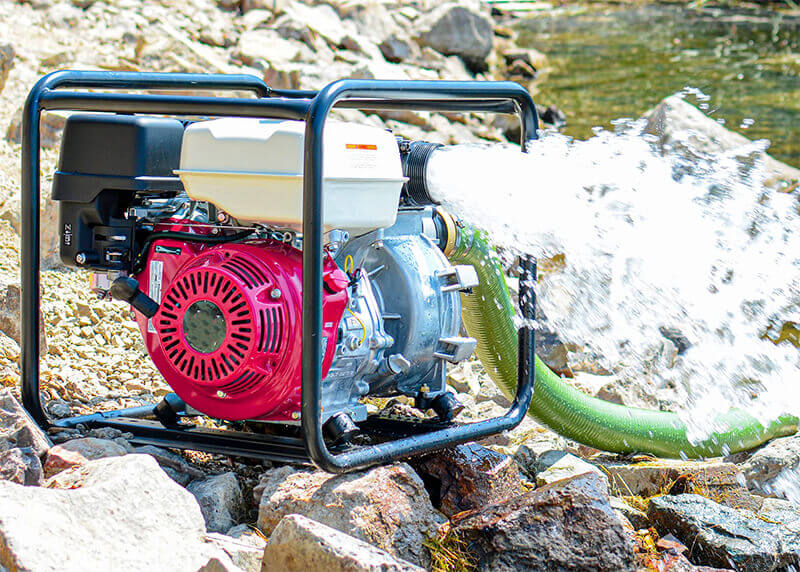
choosing electric water pump or gasoline water pump
When choosing electric water pump or gasoline water pump, besides consider their advantages and disadvantages carefully, you should also consider the following points:
Efficiency and performance comparison
Gasoline water pumps deliver greater power compared to electric water pumps. Their high horsepower and strong flow rates make them ideal for moving large quantities of water. They are well-suited for draining flood zones or supporting long distance irrigation needs.
Electric water pumps offer superior efficiency in small tasks, despite having less power than gasoline water pumps. Their energy consumption is significantly lower, making them highly efficient compared to the fuel usage of gasoline water pumps. However, their effectiveness can be restricted by the available power supply and reduced output.
Comparison of safety considerations
Gasoline water pumps come with safety risks due to fuel usage. Refueling while running can lead to fire or explosions. Exhaust fumes contain harmful substances, requiring proper ventilation. High noise levels can also cause hearing damage without ear protection.
Electric water pumps are safer, as they avoid flammable fuels, emissions and noise. However, they may pose electrical risks like overheating, shorts or shocks near water. Waterproof components and secure cables are vital for safety. Battery powered models reduce electrical hazards and work well for portable use.
Comparison of specific uses
When mobility and power are primary considerations, gasoline water pumps are the best choice. They perform well in outdoor, remote areas or agricultural applications where electricity is scarce or unstable. They are also ideal for emergency water supply applications.
Electric water pumps are ideal for small projects where noise, emissions and space are important. Especially in urban environments and indoor water delivery tasks where reliable power outlets are available.
Cost comparison
Gasoline water pumps cost more upfront and require ongoing fuel, repairs and maintenance. Expenses like refueling and replacing parts, such as spark plugs or oil filters, can grow over time. Rising gasoline prices also impact long term costs, especially with frequent use.
Electric water pumps are cheaper in the long term. Although their initial price may match gasoline pumps, they require less upkeep and use less energy. Savings on fuel and repairs make them a better option for those prioritizing efficiency. For battery powered models, factor in the cost of battery replacements too.
Gas and electric water pumps, both offering distinct benefits, work best in different scenarios. Pick a water pump based on what matters most to you. Gasoline water pumps offer power, portability, and flexibility. Electric water pumps are quieter, easier to maintain and ecofriendly. Weigh these factors to find the right water pump for you.
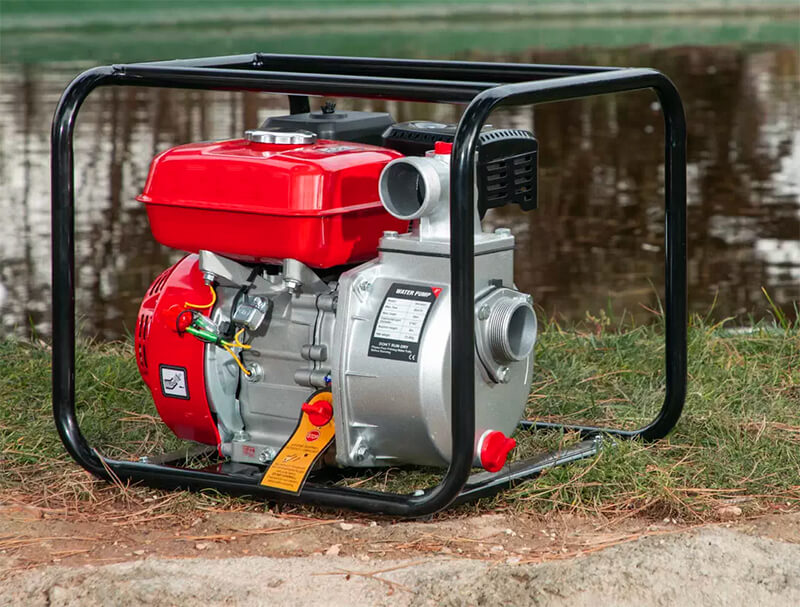
Most Popular Posts
QUESTIONS?
CONTACT US TODAY.
buy?
Related Posts

airlocks in water pumps
BISON will walk you through the causes, signs, and troubleshooting steps of air locks to help you restore the functionality of your water pump.
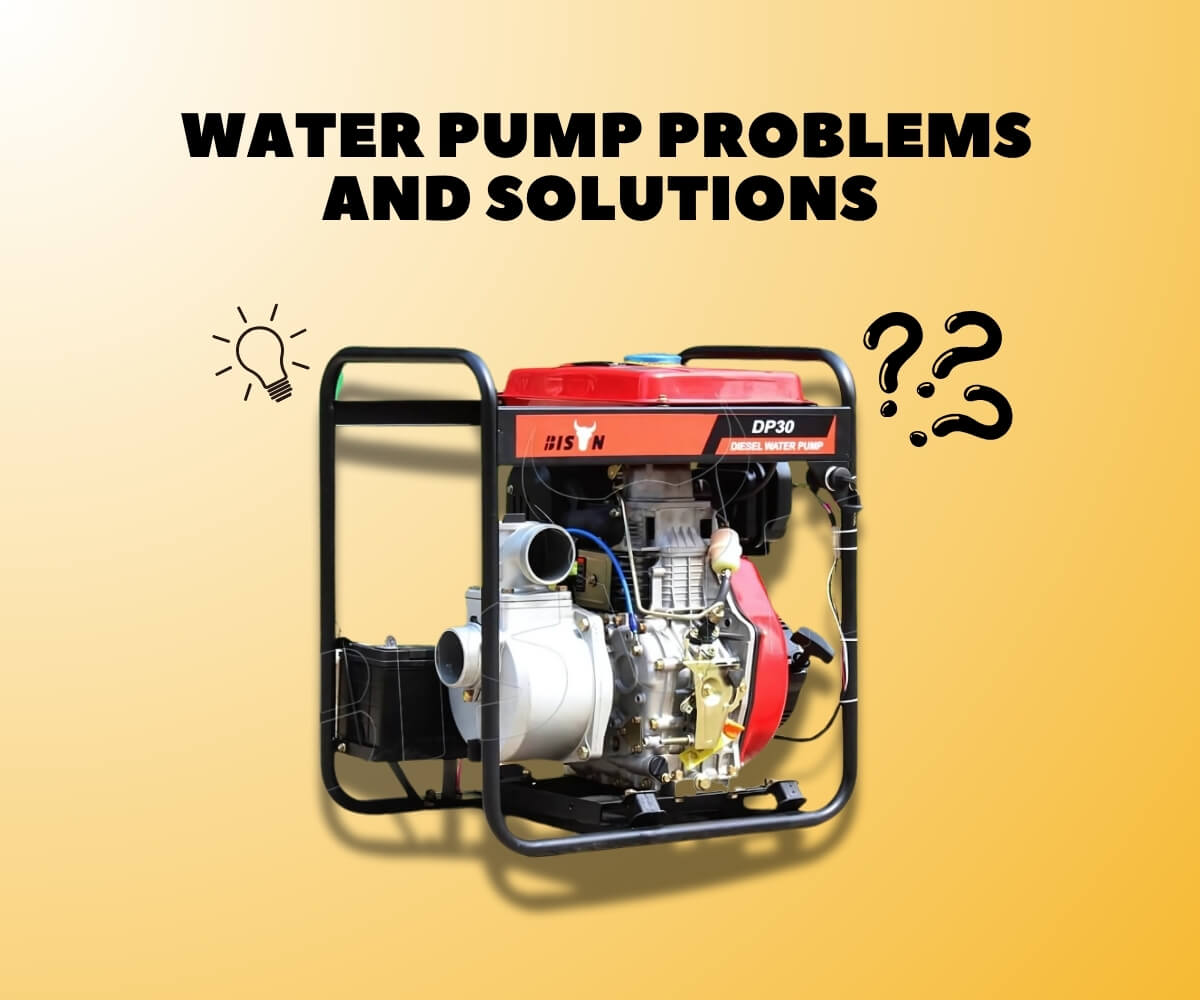
water pump problems and solutions
Having trouble with your water pump? This article will guide you through practical solutions to these common issues.

how to properly prime a gasoline water pump
BISON this guide will show you how to safely prime your gasoline water pump step by step. Follow along to protect your water pump.
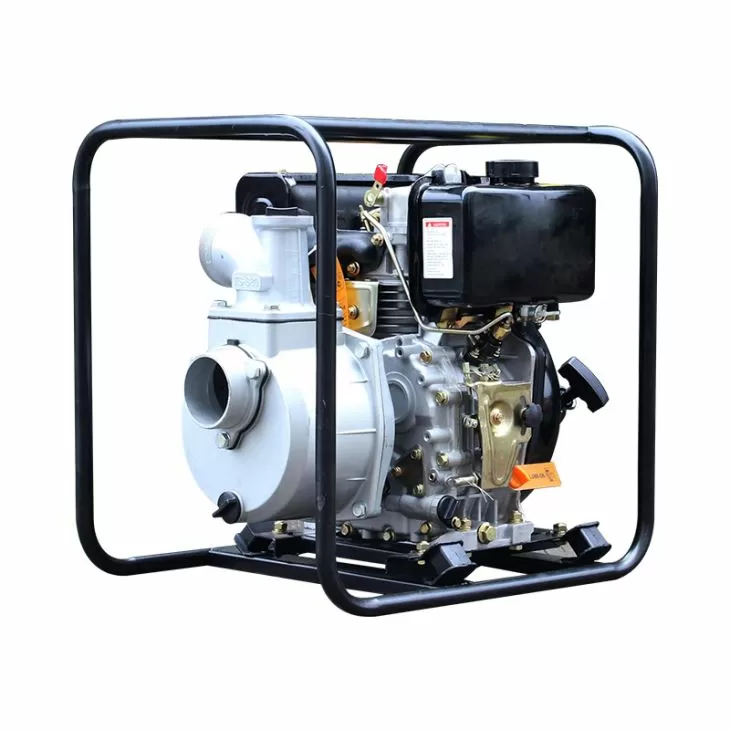
How To Maintain The Water Pump?
Although water pumps have different uses, the maintenance of water pumps is similar. In this article, we will provide some tips to help your pump work better.
.png)
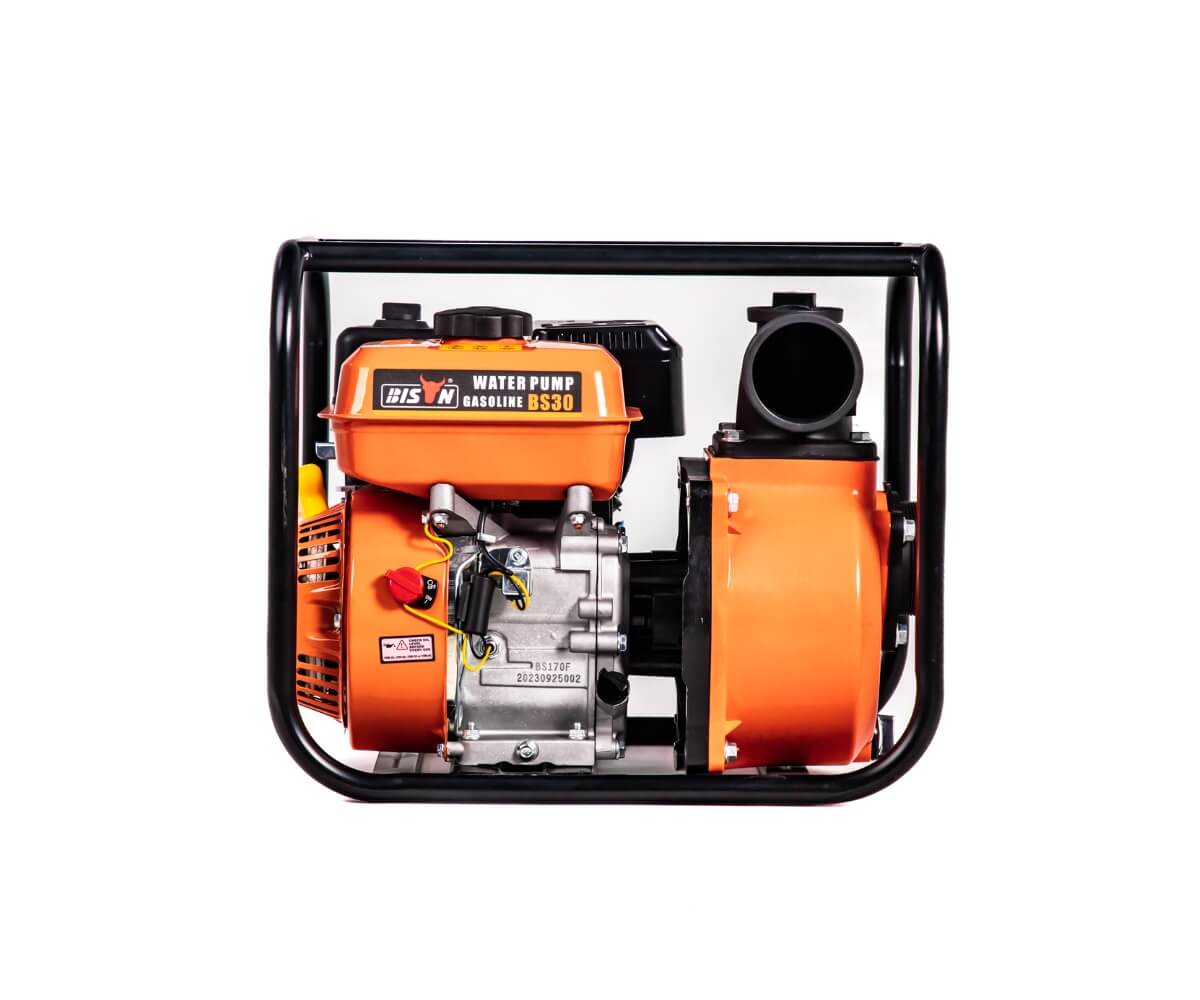
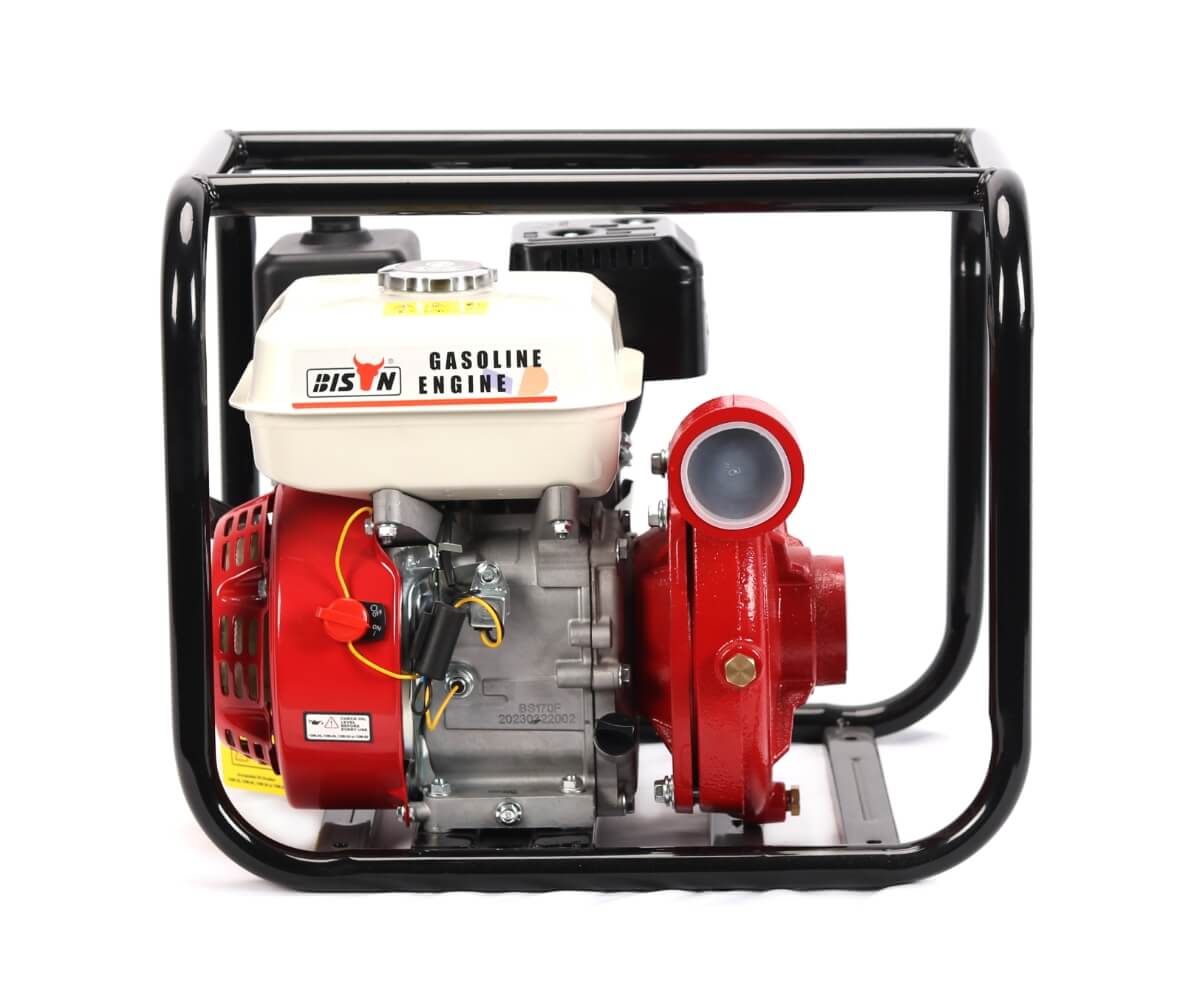
-qbpqbzxxvtguiuwezisu6wo6j1i29b4m1el1ir1u8o.png)

